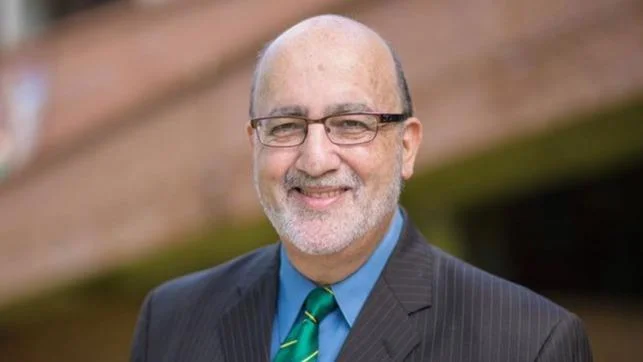A team of students from the undergraduate program in Biochemistry and Microbiology at Universidad Del Valle De Guatemala has been recognized as one of three winners in the Central American competition “The Future Needs Bold Ideas.” The competition is part of a partnership between Jaguar Space, the National Secretariat for Science and Technology (SENACYT), and the Institute of Agricultural Science and Technology (ICTA).
The winning team, composed of Nicole Gálvez, Pablo Catu, Sara Vélez, and Jimena Mejía, was advised by Lic. Andrés Say. Their project focuses on sustainable agriculture in microgravity environments.
Jaguar Space is a consulting firm specializing in bioastronautics and strategy. It supports organizations exploring opportunities related to space. As part of its mission, Jaguar Space invited students to submit scientific proposals with an emphasis on agricultural innovation, particularly maize cultivation.
The student team's research aims to understand how certain beneficial fungi and bacteria interact with plants when grown under conditions similar to microgravity found in space. The findings could contribute to more sustainable methods for improving volcanic soils that have low nutrient content. Additionally, the results may support the development of resilient agricultural systems useful both on Earth and during future space missions.
The selection committee chose this proposal due to its scientific rigor, experimental approach, and potential scalability. Throughout the process, students worked on designing and validating protocols under simulated microgravity as well as conducting extended laboratory practices. The team is now preparing for the experimental phase of their project and has committed to sharing their findings with the academic and scientific community.
Other projects selected in this call included Orion’s Eye—a low-cost astronomical tracking system—and CanSat Guatemala Challenge—a national competition focused on designing and launching mini-satellites.
Dr. Patrizia Lupo, director of the Department of Biochemistry and Microbiology at Universidad Del Valle De Guatemala, thanked Dr. Luis Zea for actively promoting the competition among students and facilitating their participation.
“In our department you can be part of innovative multidisciplinary projects using advanced technology,” said Dr. Lupo. “Your knowledge will help provide sustainable solutions for current challenges.”

 Alerts Sign-up
Alerts Sign-up